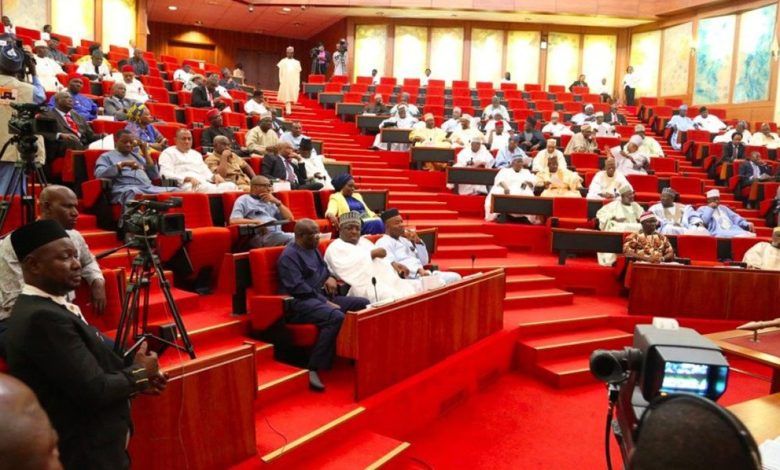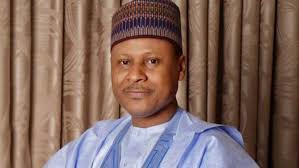
In a landmark decision, the Nigerian Senate has passed the 2025 Federal Capital Territory (FCT) Statutory Appropriation Bill, approving a record ₦1.81 trillion in total expenditure for the nation’s capital.
The bill, which scaled its third and final reading on Tuesday, is designed to address Abuja’s most urgent challenges — from crumbling infrastructure and growing security threats to gaps in the healthcare system.
The passage followed the presentation of a harmonised report by Senator Mohammed Ibrahim, Chairman of the Senate Committee on FCT.
The report reflects consolidated input from both legislative chambers in accordance with Sections 62, 80, 88, 89, and 299 of the 1999 Constitution (as amended).
Budget Breakdown: Capital Projects Take Priority
The approved budget is structured as follows:
₦150.35 billion (8.29%) allocated for personnel costs
₦352.03 billion (19.41%) for overhead
₦1.31 trillion (72.31%) dedicated to capital expenditure
Combined, personnel and overhead expenses account for ₦502.38 billion in recurrent spending. The lion’s share going to capital projects signals a deliberate push toward aggressive infrastructure development across the territory.
Wike Flags Urgent Security and Health Needs
During last week’s budget defence at the National Assembly, FCT Minister Nyesom Wike underscored the critical need to overhaul Abuja’s decaying infrastructure and escalating security concerns.
He described the capital as a “diplomatic and administrative nucleus” of the country — one that requires a customised and well-resourced security architecture to meet both national and international expectations.
On the health front, Wike announced recent investments in cutting-edge diagnostic equipment aimed at modernising public health delivery. These upgrades, he noted, are integral to the FCT Administration’s broader vision to expand access to quality healthcare for residents.
A Budget Anchored in Consultation and Vision
The Senate committee emphasised that the ₦1.81 trillion plan was the product of extensive consultation with the FCT Minister and senior officials of the Federal Capital Territory Administration (FCTA).
The budget is designed to be responsive to the complex needs of the capital city and its rapidly expanding satellite towns, which continue to face immense pressure on infrastructure, housing, transportation, and public services.
Lawmakers hailed the spending framework as “transformational,” expressing confidence that the allocation would significantly boost roads, housing, healthcare, education, and environmental projects across the territory.
As Abuja evolves toward its goal of becoming a world-class city, the 2025 FCT budget is seen not just as a fiscal document, but as a bold instrument for sustainable urban transformation. It aims to consolidate prior gains while scaling up governance, livability, and inclusive development.
With this approval, the National Assembly signals its commitment to aligning federal priorities with the everyday realities of Nigerians living in the capital — and laying the groundwork for a safer, healthier, and more resilient Abuja




